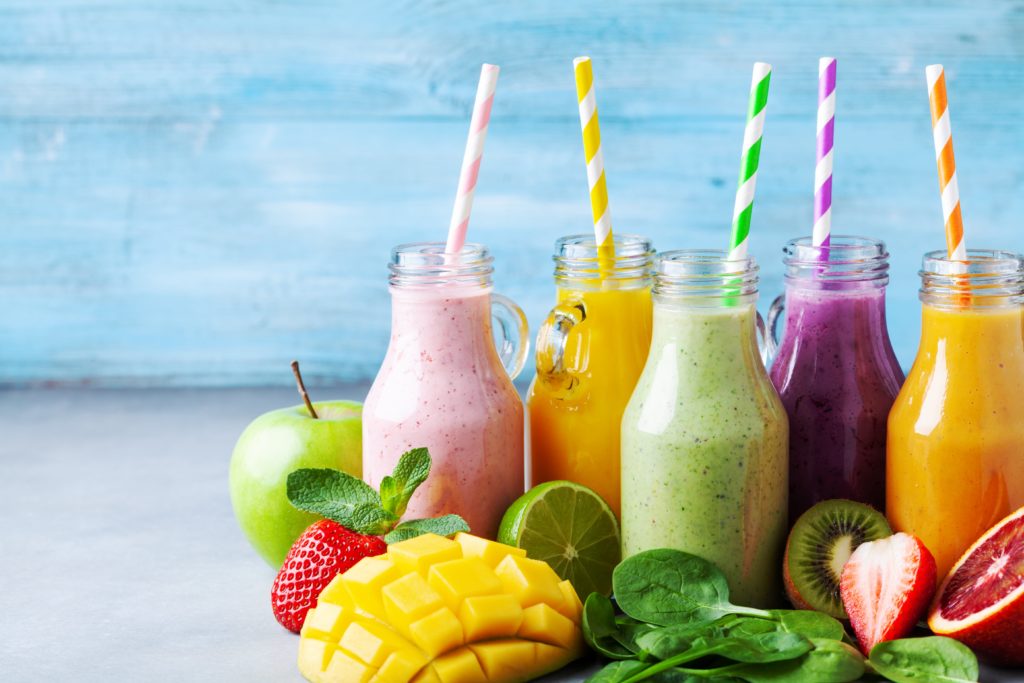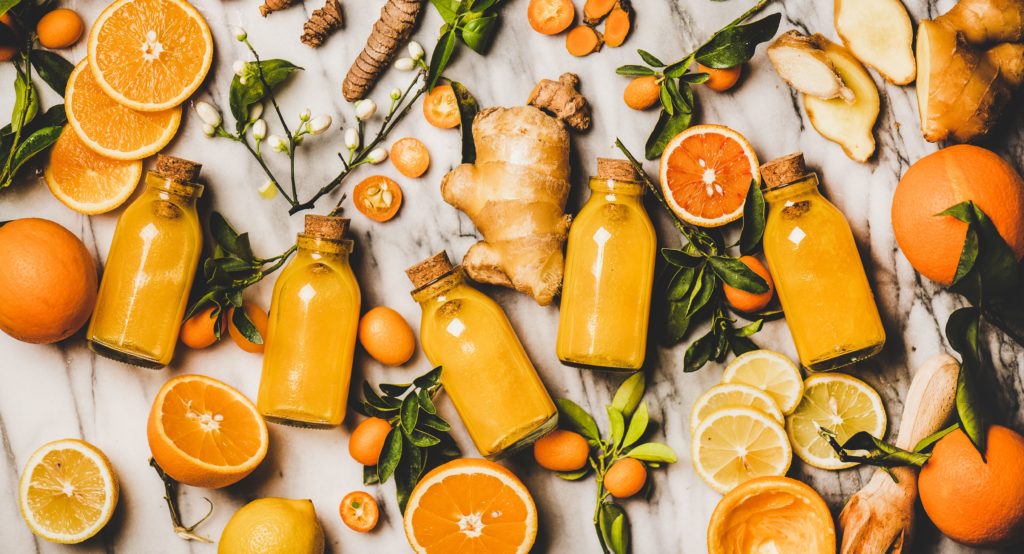25th May 2022
Functional Thirst: Non-Alcoholic Beverage Consumption in 2022
Introduction
The growing attention that consumers give to the food and drink they put in their body and the impact these products have on their health is extended to the changing attitude to consumption of non-alcoholic beverages. In recent years, consumers are more conscious about their health. This has been further impacted by the pandemic and the way it has shaped consumers priorities when choosing drinks; opting for beverages that may boost the immune system to protect against potential health threats.
How does this affect the non-alcoholic beverages consumed?

Consumption Habits and Motivations
Unsurprisingly, across the globe, bottled water remains the most popular option for consumers. This is due to the necessity of clean drinking water for survival in places where clean water isn’t easily accessible, or for hydration in hotter countries. Consumers view bottled water as a pure and healthy option for satisfying their thirst. However, there has been a shift in attitude towards the other non-alcoholic beverages on the market. With the current attention in the media on sugar intake and its effect on our health, the ongoing desire to decrease the amount of sugar people have in their diets means there has been a decline in consumption of drinks with high sugar content such as energy drinks or colas.
Additionally, with the growing research consumers put into products, there is more attention on the sustainability and ethical sourcing of products, with consumers seeking recyclable packaging and sustainable ingredients. FMCG Gurus consumer insights found that 74% of consumers say sustainability claims are important within the beverage industry. Brands should be proactive in the way they communicate the sustainability of their non-alcoholic beverages to appeal to consumers looking for a sustainable and ethical product.
Nutritional Labelling
Due to the rise in awareness of how products may impact our health and the way that these products impact the world in terms of sustainability, consumers are paying more attention to the ingredients and contents of the beverages they consume. FMCG Gurus consumer insights found that four in ten people say that they regularly check the nutritional labeling of non-alcoholic drinks, 59% of them checking for the sugar content in the beverages they consume. Therefore, it is important that this information is easily accessible, highlighting the need for simplified nutritional labeling.

Functional and Botanical Ingredients
With the increased attention on the health benefits of the ingredients in beverages, people want to address their physical and mental wellbeing with the non-alcoholic beverages they consume. Functional ingredients geared at boosting the immune system, aiding sleep, and improving digestive health are appealing to the consumer looking to stay on top of their health. 61% of consumers associate botanical ingredients with boosting immunity. Botanical ingredients such as ginger, dandelion, and chai are often seen as being a green and clean option that provides guilt-free flavors with health benefits to the consumer.
As a result of the developing awareness of the benefits or the negative impact certain ingredients can have on the body, consumers are seeking non-alcoholic beverages that can not only satisfy their thirst but also provide a health boost. Clear nutritional labeling and transparent communication of the sustainability of products can help the health and environment-conscious consumer choose the products that provide the benefits that reflect their personal beliefs and health needs.